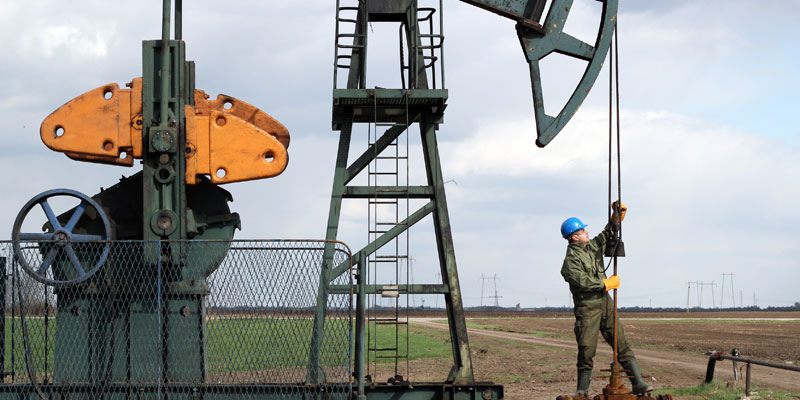Kenney government eyes sweeping reforms of energy industry

The Kenney government recently introduced Bill-22 (the Red Tape Reduction Implementation Act), delivering on a campaign promise to streamline regulations across the provincial government.
While details are not yet clear, the bill proposes a whopping 14 legislative changes across six different ministries. Proposed changes include removing residency requirements for non-profit and corporate boards, giving more powers to the Surface Rights Board to expedite compensation to landowners and reducing trade barriers for grazing leases. More importantly, the bill echoes our previous recommendations for energy development, namely eliminating non-functional regulations, reducing approval timelines and emphasizing efficiency and certainty in the approval process.
In particular, we welcome the proposal to eliminate cabinet approval of new oilsands development projects for three specific reasons. First, it automatically reduces the approval timeline for projects. As documented in previous reports, Alberta suffers long wait times for project approvals compared to other energy jurisdictions.
Second, it removes “politics” from a decision that should be based on each individual project’s merits after a proper consideration of all the costs and benefits affecting Albertans. If the Alberta Energy Regulator (AER) approves a specific project, after suitably consulting with First Nations, assessing environmental concerns, and carefully weighing other costs and benefits, there’s no need for a political rubber stamp. Responsible energy development should be a long-term public policy goal and not subject to the ideological preferences of any specific political party.
Third, and most important, Bill-22 will provide much-needed certainty for future investment decisions, as companies should face a substantially reduced risk of project rejection based on politically motivated cabinet decisions. This will create a more predictable and attractive investment environment, something we strongly recommended in our study last year. A poor investment climate has helped produce a dramatic decline in oil and gas investments in Alberta.
Finally, Bill-22 adds to the recently introduced Bill-7, which would allow the government to set maximum time limits on approvals for energy projects. We believe this is a step in the right direction, as it addresses a policy failure that’s been hurting Alberta’s competitiveness.
We don’t believe, as some might argue, that these changes will diminish Alberta’s regulatory oversight of energy development; they shouldn’t reduce stakeholder consultations or weaken environmental supervision. The AER can and should continue to improve its processes to ensure the safe, efficient, orderly and environmentally responsible development of energy in the province. Stakeholder consultations and environmental evaluations are not only necessary but might also lead to project improvements. For example, modifications might be identified that, say, reduce a development’s environmental “footprint” without compromising its economic benefits, thereby increasing the project’s overall net benefits. In this regard, the proposed legislation promises improved social outcomes compared to the status quo.
In summary, Canadians broadly and Albertans specifically should welcome the Kenney government’s plan to improve energy competitiveness by reducing non-functional regulations and uncertainty as they affect the approval process for energy development. Streamlining regulations, shortening timelines, reducing uncertainty and removing political risk are all laudable initiatives that will better reconcile the goals of sustainable energy development, environmental protection and social cohesion.
Authors:
Subscribe to the Fraser Institute
Get the latest news from the Fraser Institute on the latest research studies, news and events.


